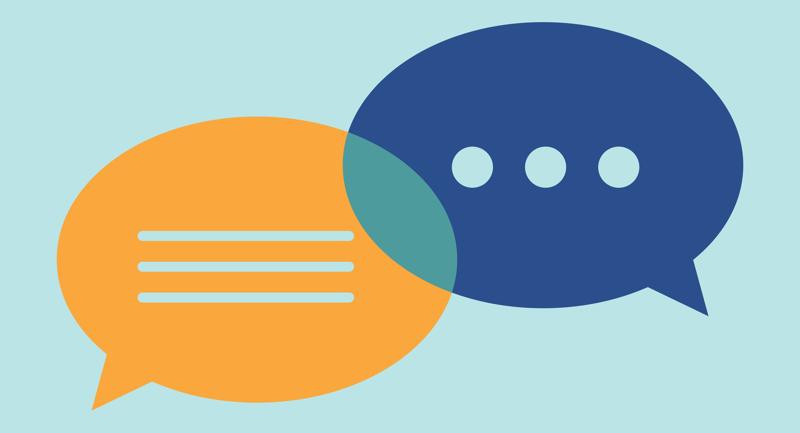All inputs affect outputs. All environments affect growth and learning. As education becomes more like an ecosystem – taking place both inside and outside the school, and into and across the community – the environment becomes ever more influential.
Intrapersonal
This notion of interconnectedness is also becoming apparent intrapersonally. Knowledge acquisition interplays with the development of skills and competencies, which in turn interplay with how we learn, and how we use our learning. Social and emotional well-being, whether it is related to empathy or self-worth, can affect the student’s ability to collaborate, communicate, co-construct learning, understand differing perspectives, and create new value. It can also affect the individual’s use and development of their cognitive skills (OECD, Social and Emotional Skills: Well-being, connectedness and success). Health, similarly, can affect ability, which can impact sense of worth, which can affect ability to socialize and collaborate, which can affect acquisition of needed knowledge and skills, which in turn can affect educational outcomes, the likelihood for economic prosperity, and, in addition, long-term health.
These examples are not linear nor are they ordained, but they illustrate the myriad of influences that affect learning and growth. Rather than any of these being seen as a continuum or path, we should understand that they are, instead, an ecosystem – a series of intrapersonal and interpersonal ecosystems – that weave together to create us and our learning communities. While we began with ‘health,’ we could have also begun with the effects of values or attitudes, skills, knowledge, or introduce the impact of student agency and learning opportunities.
We ourselves are ecosystemic and we learn also as part of a learning ecosystem.
How to respond
It’s a natural reaction to be overwhelmed. What can one teacher, principal, or parent, affect if there are a multitude of influences on our child’s development? But rather than feeling overwhelmed, we can also feel empowered.
We have the ability to control or influence parts of this ecosystem. As teachers, we have the ability to develop the climate and culture of our classrooms, to adjust how we teach, to accommodate different learning styles, and to acknowledge and adjust teaching to suit our students’ fluid moods, emotions, and motivations.
As principals, we allow the community to come into the school and for the school to interact with their surroundings. We are able to expand the notion and role of the school to that of a hub, where learning and guidance takes place and where the child’s learning environment is deliberately expanded.
As parents we help set the tone for education and learning, often being that conduit from school into the community and across an ever-broadening environment. We ensure that learning principles from the school are mirrored and that learning becomes established as a life-long endeavor.
This isn’t a call for education to “fix” everything. This isn’t a cry to load educators up with more responsibilities but, rather, it’s a call for us all to understand that we all play roles, have influence, and affect development.
We must appreciate this interconnectedness and seek to blend what has been siloed, and weave what makes us whole.





